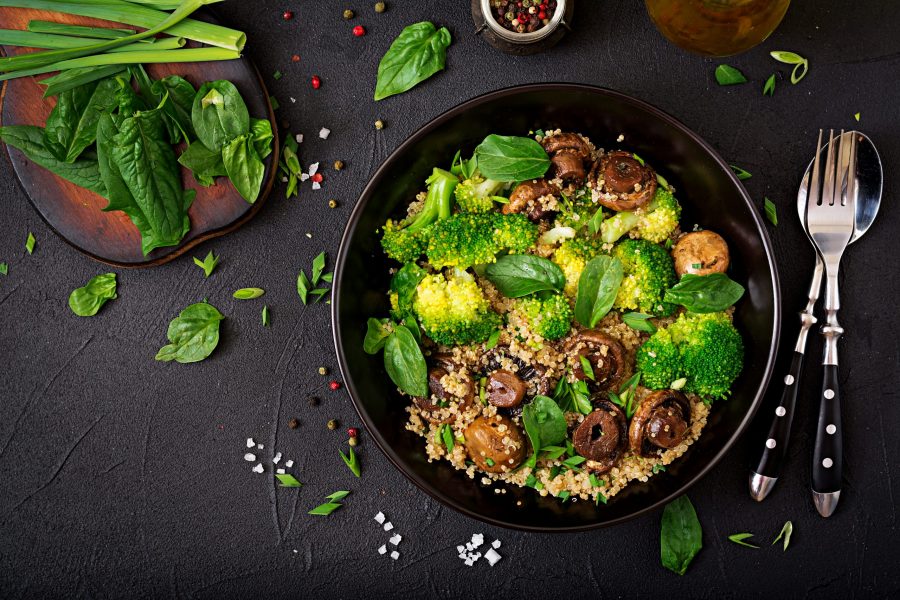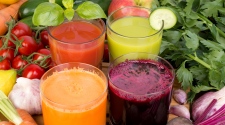Introduction to vegan food style
Vegan avoid eating animal food for environmental reasons, ethics, or health. Unfortunately, following an exclusive diet based on plants can place several people at a higher risk of nutritional deficiency.
For vegans who want to stay healthy, eating foods rich in nutrients with whole foods and enriched is very important. Here we are enlisting 11 vegan food products that keep you healthy, but before that, we must look at what veganism is and why people follow this.
What do we understand when someone says that he/she is vegan?
Being Vegan means refraining from the use of animal or animal-based products. Being Vegan includes a perspective change that extends to every field of life involving animal products. Vegan chooses to take advantage of only plant-based products for various reasons, including health problems, ethical values, or religious beliefs.
Why people follow this vegan food culture?
Many people choose to eliminate the use of animal-based products. Some people consider animal products toxic and claim to see an apparent increase in their health after following vegan food culture. People are working to stop animal exploitation for various products such as Milk, honey, gelatin, meat, and skin.
Compared to plant harvesting, livestock production provides a much higher burden on resources such as land, water, and fossil fuels by contributing substantially to greenhouse gas emissions. Meanwhile, it saves diversity, but a well-planned vegan diet can also increase your health condition and provide many benefits.
1) Sprouted and Fermented supplements
Sprouts are rich in nutrients. Meanwhile, many plant foods also contain antinutrients along with their nutrition. These antinutrients negatively impact your body and reduce your body’s ability to absorb this mineral containing this food.
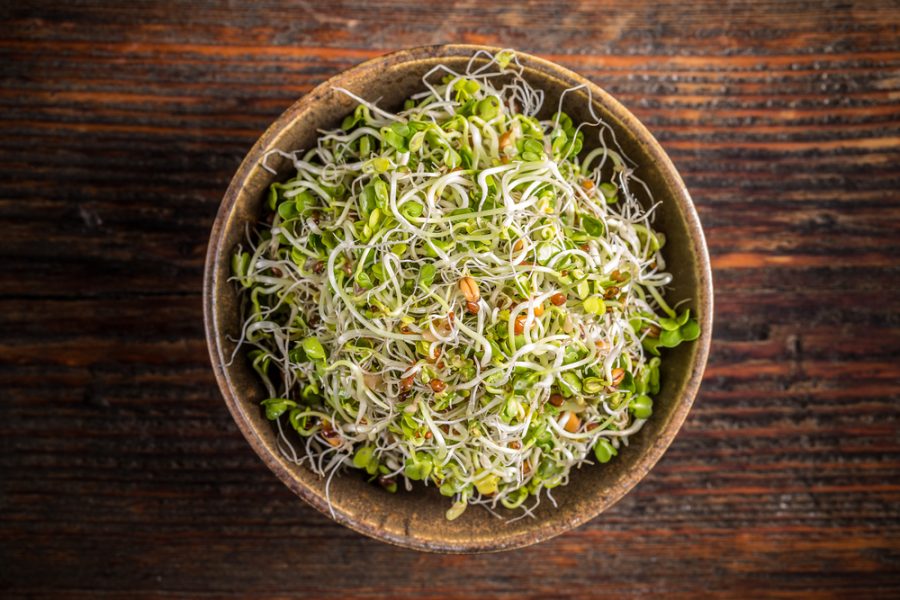
Sprouting and fermentation are tested and straightforward methods to reduce these antinutrients’ energy in your body. These sprouted, and fermented foods increase the number of beneficial nutrients absorbed from plant food and improve their overall protein quality.
Interestingly, sprouting can also reduce the number of glutens found in individual seeds. Food Fermentation plants are a good source of probiotic bacteria, improving immune function and digestive health.
2) Protein Bars
Tasty foods that are processed are often high in fat and sugar, which also increases product calories. If you crave something that is filling and somewhat sweet, skip the replacement bar of food and choose a handful of nuts for protein and healthy fats and protein and a piece of fruit filled with fibers, such as apples or pears.
3) Sea Weeds
Seaweed is a source of essential fatty acids that are rich in protein. Seaweeds are also rich in antioxidants and iodine, but it should not be relied on as a source of vitamin B12. They are energy booster and can take as food supplements to fulfill your hunger needs.
4) Green Tea
According to research Theanine and caffeine are found in green tea. Drinking green tea can give you more mental clarity has clear beneficial effects on sustainable attention, memory, and oppression of disorders.
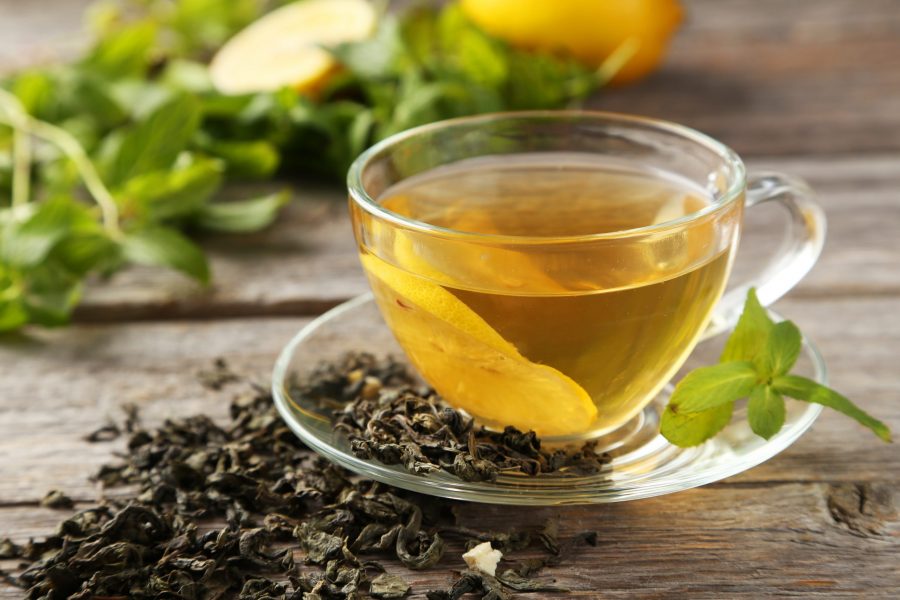
5) Frozen Meal
You don’t protect your health when you scarf along with this food. “Content sodium, fat, and calories in most of these foods makes them among the worst vegan food to buy,” said Best. “They offer a few important nutrients such as vitamins and minerals, and are very dense in calories and fat.”
Prepare yourself with plant-based pasta or whole wheat wrap, and many vegetables are frozen and easily accessible, rather than relying on this very high food in sodium and will make you feel hungry immediately after being perfected carbohydrate.
6) Plant Milk
Vegan tends to consume a little calcium per day rather than vegetarian or meat-eaters, which can harm their bone health. This seems especially true if calcium intake fell below 525 mg per day. You must try to make Milk and yogurt fortified plants of calcium part of their daily menu.
Those who want simultaneously increase protein intake have to choose Milk and yogurt made from soybeans or flax. Coconut milk, almonds, rice, and wheat are low protein alternatives. Therefore, Vegan wants to achieve calcium intake, vitamin D, and vitamin B12 through food to choose enriched products. To keep adding sugar to a minimum, be sure to select a version that is not fulfilled.
7) Tomatoes
Tomatoes are a good source of intaking antioxidants in the form of lycopene. Lycopene can protect the body against damage caused by compounds called free radicals. When free radicals exceed antioxidants, they can cause oxidative stress in the body, which can cause diseases such as cancer and dementia. Tomatoes are also rich in vitamin C.
8) Spinach
Spinach can help in building good memory skills because of high vitamin B content. Green veg is also rich in vitamin K, folate, beta carotene, and lutein, helping slow down cognitive disease spread.
9) Cereals
Low grains like brown cereals, rice, and pasta can help you remain mentally alert. This food can also reduce the risk of heart disease. “Every organ in the body depends on the bloodstream,” said Pratt told WebMD. “If you promote cardiovascular health, you promote a good flow to the organ system, which includes the brain.”
It is a good source of carbohydrates, fiber, iron, vitamin B, and many other micronutrients and macronutrients. Some varieties are healthier than others, especially when it comes to protein. Pseudo-cereals Amaranth and Quinoa come shortly with around 9 grams of protein per cup cooked.
10) Broccoli
Many major diseases can be attributed to vitamin C deficiency, where Broccoli is rich will. Vitamins can also help in managing anxiety and stress. Broccoli is a source of vitamin K. It is contained in just one cup – which can be a better cognitive function.
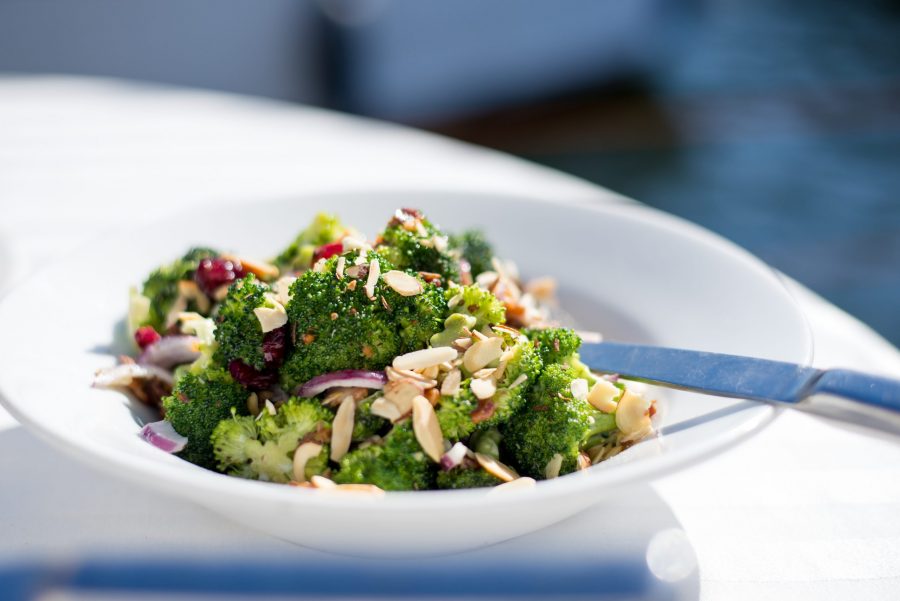
Vegetables consist of a large number of glucosinolate compounds, which are essential for the central nervous system’s function. Add a handful of vegetables to soup, curry, or pasta dishes for a protein kick because They are beneficial and contains more protein per calorie than steak.
11) Fruits and Vegetables
There are many alternatives to change your food with mineral and mineral-rich fruits and vegetables. For example, mashed bananas are a large substitute for eggs in grilling recipes. Banana ice cream is also a popular substitute for milk-based ice cream. Mix frozen bananas until smooth. Then you can add your choice topping.
Conclusion
Many vegetables, such as eggplant and mushrooms, especially Cremini or Portobello, are a great way to get a texture of meat in a vegetable form. They are straightforward to bake. Jackfruit is one of the best alternatives for meat in savory dishes such as sauteed and barbecue sandwiches.
Cauliflower is used in many recipes, including pizza crust. Vegan must also aim to increase the intake of fruits and vegetables rich in iron and calcium. These include leafy green like Bok Choy, spinach, kale, water lettuce, and mustard.


